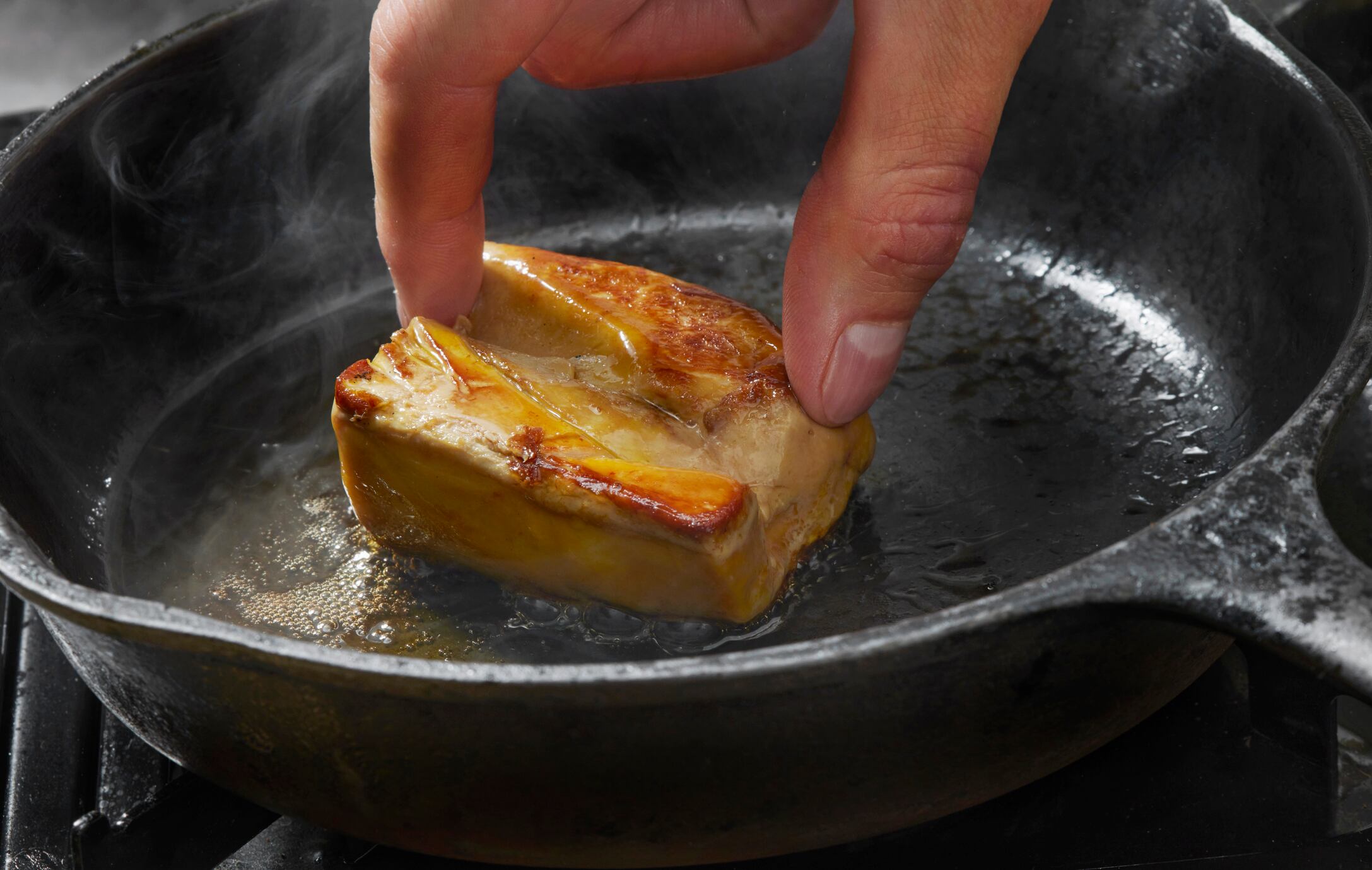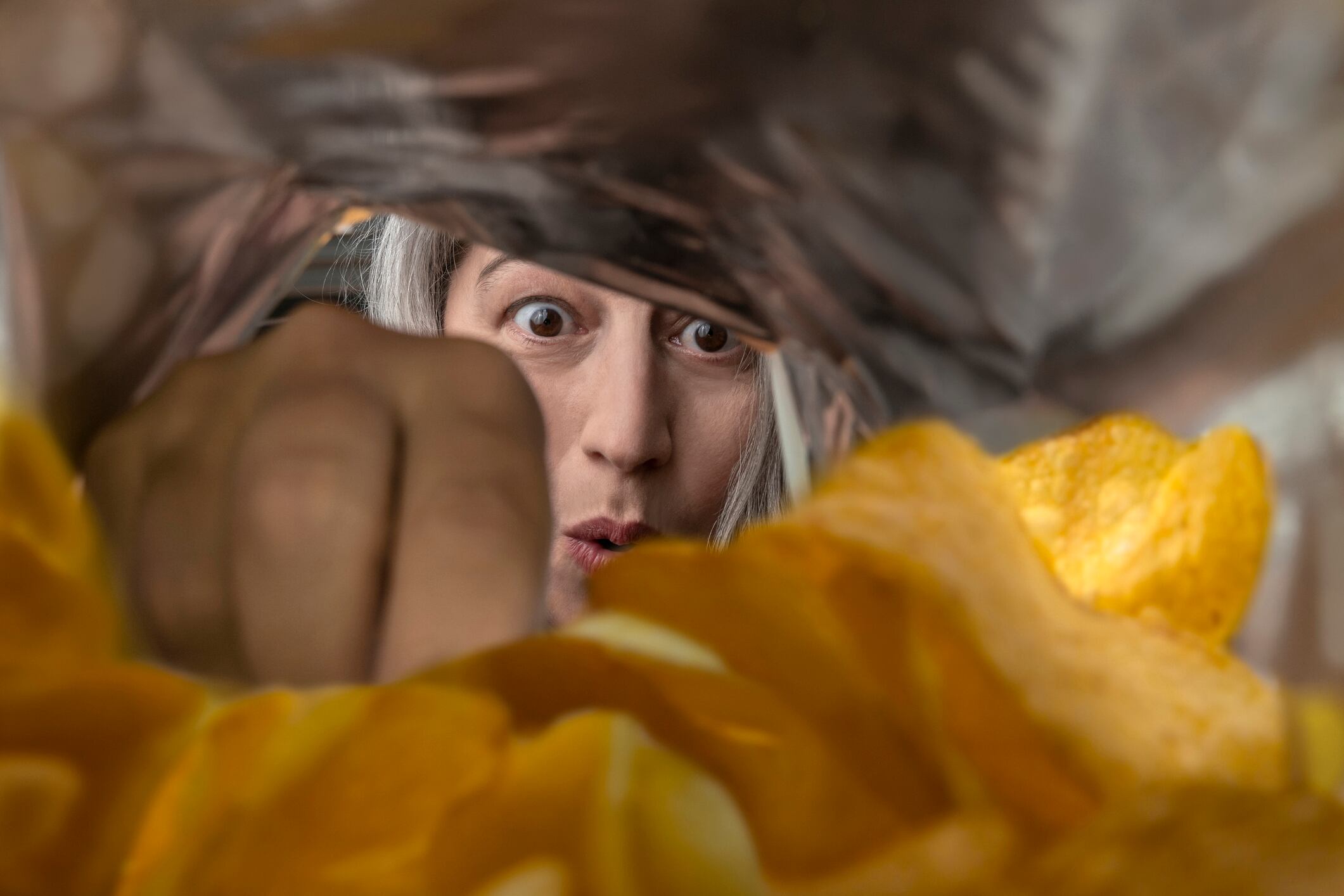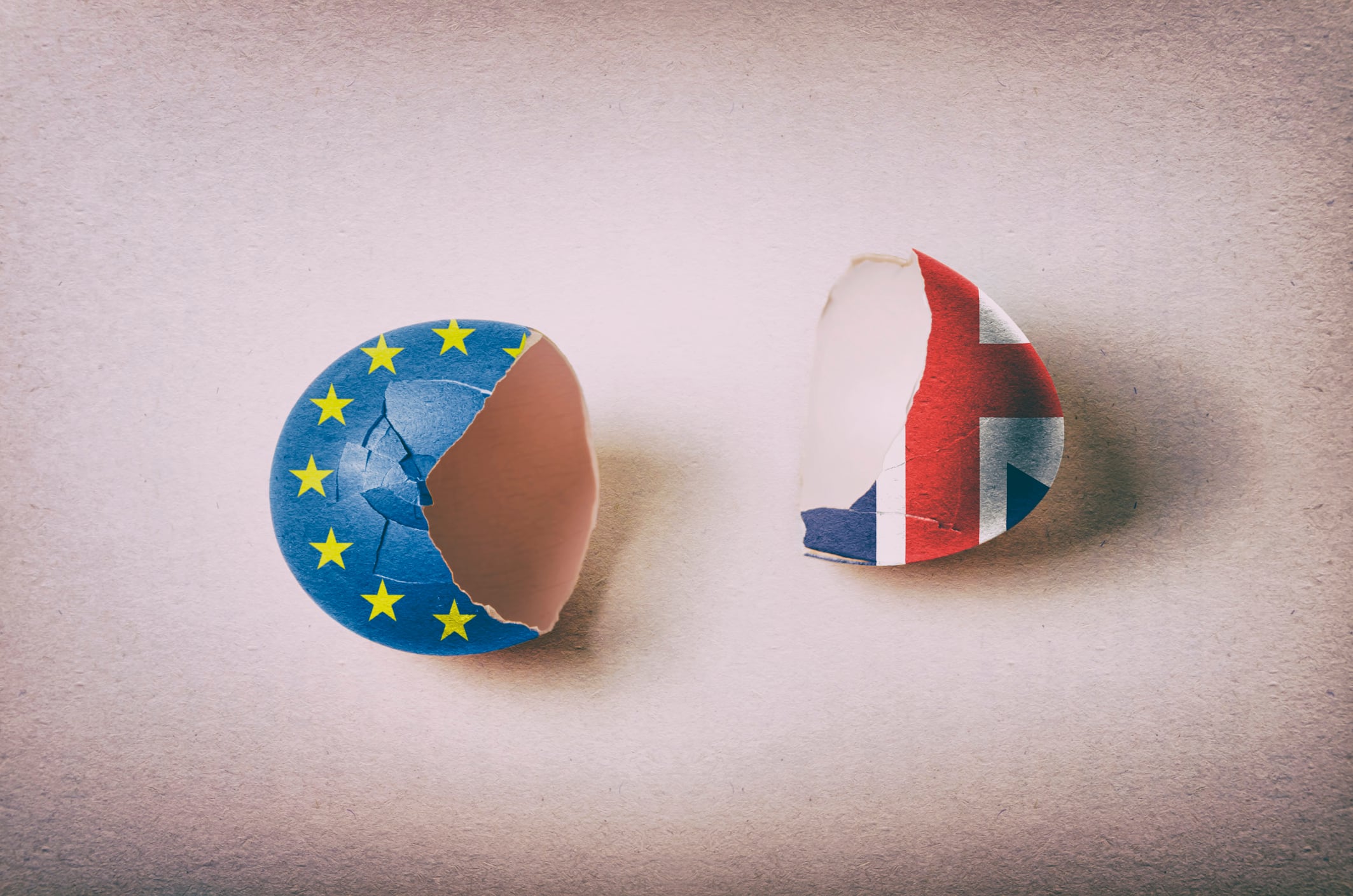The recent trade deal between the UK and EU had a significant impact on food and agriculture for both markets.
Perhaps most notably, the EU and UK agreed to align on food safety, meaning that they would operate under the same sanitary and and phytosanitary (SPS) rules.
The need for different SPS checks has led to the creation of a new regulation – the Border Target Operating Model (BTOM) – and caused difficulties on the border for the two markets.
But all is not well between them. Disagreements over key food safety issues – ranging from French foie gras to British gene editing rules – remain barriers to full alignment.
How do the UK and EU differ on gene-editing rules?
Gene editing is a divisive topic. While many consumers are averse to the consumption of gene-edited crops, its advocates suggest such crops are more resistant to disease and have greater nutritional value than their non-gene edited counterparts.
Until recently, the EU and UK’s rules on gene-edited crops were aligned.
“In the EU, the concept of GMO/GMM is legally defined based on the methods used to genetically modify an organism and gene-editing (GE) is very limited as it requires the use to recombinant DNA which is prohibited,” explains Katia Merten-Lentz, partner at law firm Food Law Science and Partners.
Recombinant DNA is DNA that has been formed artificially by combining DNA from two species.
In 2022, the two markets diverged, with the UK relaxing restrictions around gene editing, developing exceptions to its GMO rules.
“The proposed Food Standards Agency (FSA) rules distinguished between transgenic GMOs, in which the seed contains genes from two or more different species, versus precision-bred organisms, which could have occurred naturally or through traditional breeding methods.”
The following year, the Genetic Technology (Precision Breeding) Act passed into law, distinguishing precision bred organisms (PBOs) from from traditional genetically modified organisms (GMOs).
The act describes precision breeding as technology, such as gene editing, that allows DNA to be edited more efficiently and precisely than current breeding techniques. Under the act, precision bred plants and vertebrate organisms (with the exception of humans) are removed from the GMO regulation.
This means that the EU and UK are now misaligned on gene editing. “The discrepancy between the two regulatory landscapes may trigger challenges when it comes to placing on the market such modified products,” Merten-Lentz points out.
What are the UK-EU disagreements around foie gras?
Foie gras is one of the most controversial animal products. Translated as ‘fatty liver’, the production of foie gras traditionally involves force-feeding ducks and geese to increase the size of their livers. Many consider it a deeply cruel production method, with even the UK’s King Charles III banning its consumption from Buckingham Palace.
Not only can it not be eaten in the royal residence, but it also can’t be produced in the UK - the production of foie gras has been banned there for nearly a decade.
And that’s not all. In 2024, the UK’s then-Environment Minister, Steve Reed, promised to go a step further and ban its import as well.
While there is no doubt that production will remain banned, according to Merten-Lentz, what is in question is the import ban.
“Negotiations in favour of the EU will be easier since there is currently no legislative barrier to its trade,” she explains.

Now, reports Euractiv, animal rights groups fear Reed’s pledge is in danger.
In response to these fears, Agriculture Minister Daniel Zeichner simply said that “the details of the agreement are subject to negotiation, but the government has been clear with the EU about the importance of being able to set high animal welfare standards.”
Why do the UK and EU disagree on smoke flavourings?
Smoky bacon crisps (potato chips) are seen by many in the UK as a picnic staple.
However, there is a potential that this could be challenged. The EU recently decided not to renew authorisation for eight smoke flavourings, and after July 1 2029 they will no longer be allowed to be placed on the market. Such flavourings are used in a wide range of products including smoked salmon and smoky bacon crisps.

The EU chose not to renew these authorisations because they could not rule out genotoxic effects (the potential that they may harm DNA). Genotoxicity has been linked to infertility and cancer.
These smoke flavourings are still authorised in the UK, however. The possibility that the country may change this in order to align with the EU’s position has ignited controversy.
Many key figures in the UK have reacted strongly against a potential alignment with the EU. Even Nigel Farage, leader of the far-right political party Reform UK, got involved, saying “leave our smoky bacon alone.”





